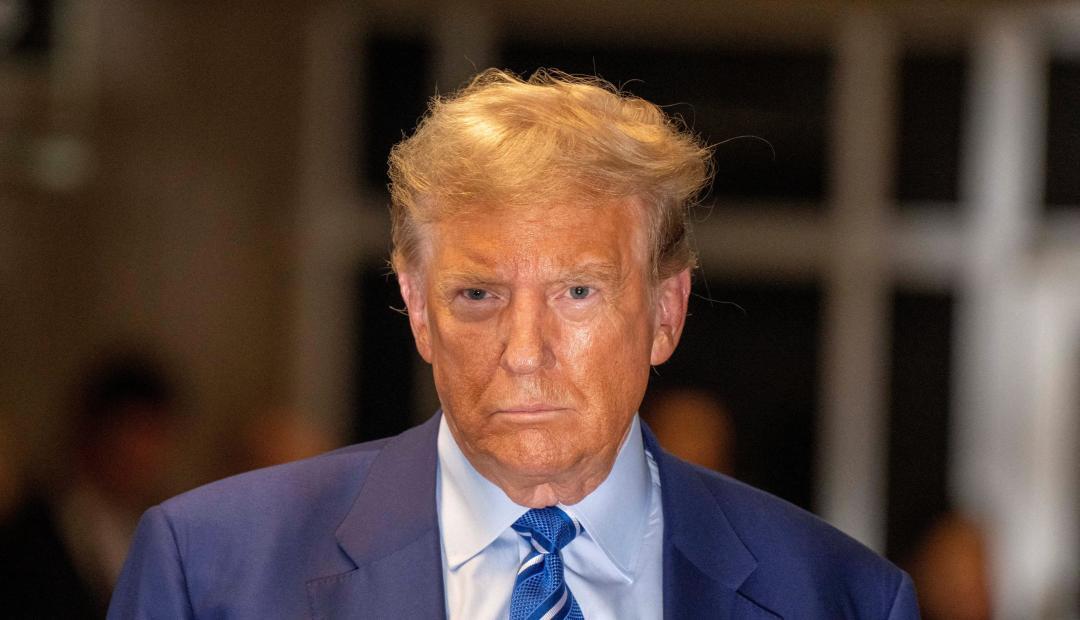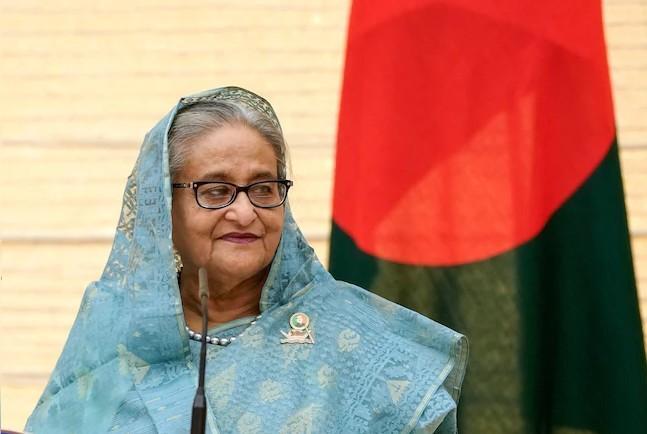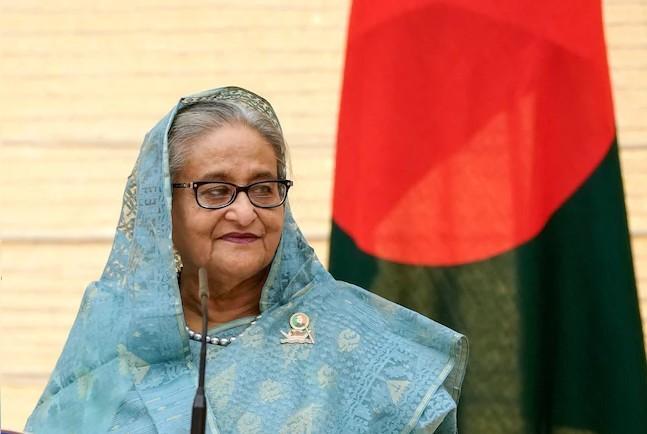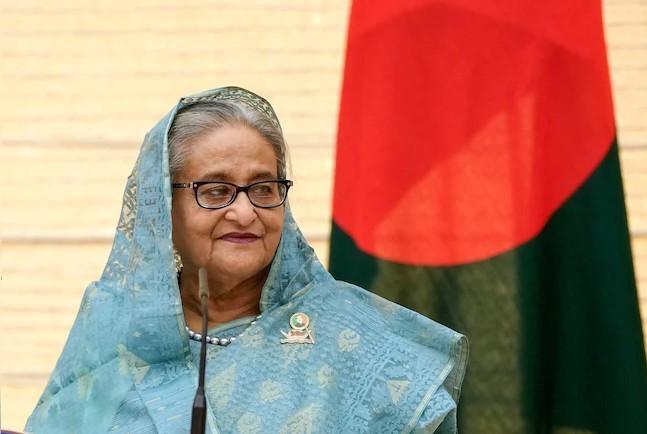
BRICS Nations React After Trump’s Additional Tariff Threat
The BRICS (Brazil, Russia, India, China, and South Africa) nations have responded to the threat of additional tariffs from US President Donald Trump, who announced that he would impose a 10% tariff on countries that align with what he described as “anti-American policies” of the bloc.
The BRICS nations, which are some of the world’s fastest-growing economies, have been a source of concern for the US government, particularly in terms of their growing economic and strategic ties with China. The bloc has been expanding its economic cooperation, particularly in the areas of trade, investment, and infrastructure development.
In response to Trump’s threat, Russian President Vladimir Putin’s spokesman, Dmitry Peskov, said that Russia’s cooperation with BRICS was based on a “common world view” and “will never be directed against third countries.” This statement was seen as a clear rebuke to Trump’s assertion that the bloc is anti-American.
South African President Cyril Ramaphosa also weighed in on the issue, saying that “BRICS does not seek to compete with any other power.” He emphasized that the bloc’s goal is to promote economic development and cooperation among its member states, and that it does not seek to challenge the dominance of any particular power.
Indian Prime Minister Narendra Modi also responded to Trump’s threat, saying that India’s cooperation with BRICS is based on “shared values and interests” and that it is not directed against any other country. Modi emphasized that India is committed to promoting economic development and cooperation among its member states, and that it does not seek to challenge the dominance of any particular power.
Chinese President Xi Jinping also responded to Trump’s threat, saying that China is committed to promoting economic development and cooperation among its member states, and that it does not seek to challenge the dominance of any particular power. Xi emphasized that China is willing to work with other countries, including the US, to promote economic development and cooperation, and that it does not seek to challenge the dominance of any particular power.
Brazilian President Jair Bolsonaro also responded to Trump’s threat, saying that Brazil is committed to promoting economic development and cooperation among its member states, and that it does not seek to challenge the dominance of any particular power. Bolsonaro emphasized that Brazil is willing to work with other countries, including the US, to promote economic development and cooperation, and that it does not seek to challenge the dominance of any particular power.
The BRICS nations have been expanding their economic cooperation in recent years, particularly in the areas of trade, investment, and infrastructure development. The bloc has also been increasing its strategic cooperation, particularly in the areas of defense and security.
The US government has been increasingly concerned about the growing economic and strategic ties between the BRICS nations, particularly China. The US has been accusing China of unfair trade practices, including intellectual property theft and forced technology transfer, and has been seeking to restrict China’s access to advanced technology.
The BRICS nations have been responding to these concerns by emphasizing their commitment to promoting economic development and cooperation among their member states. They have also been seeking to diversify their economic ties, particularly by increasing their trade and investment with other countries, including the US.
In conclusion, the BRICS nations have reacted strongly to Trump’s additional tariff threat, emphasizing their commitment to promoting economic development and cooperation among their member states. They have also been seeking to diversify their economic ties, particularly by increasing their trade and investment with other countries, including the US. The BRICS nations are some of the world’s fastest-growing economies, and their growing economic and strategic ties are likely to have significant implications for the global economy and international relations.
Source:





